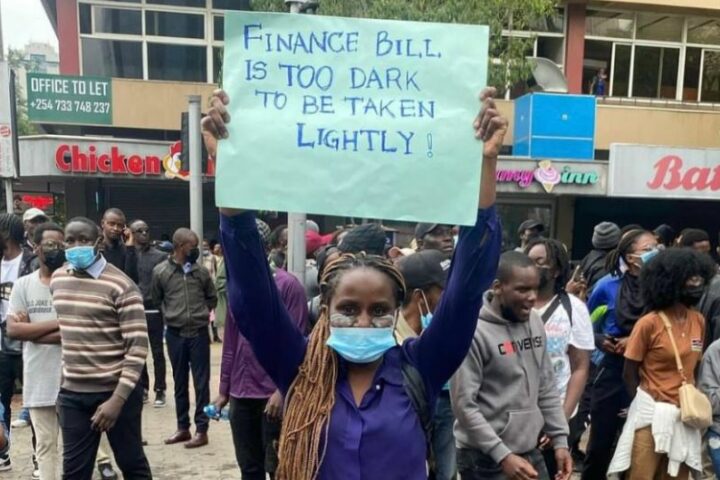 As was widely anticipated, the revival of the housing levy, previously nullified by the judiciary, is on the horizon with Kenyan lawmakers working quickly to ensure the relevant legislation is enacted within the coming weeks.
As was widely anticipated, the revival of the housing levy, previously nullified by the judiciary, is on the horizon with Kenyan lawmakers working quickly to ensure the relevant legislation is enacted within the coming weeks.
Kenyans could see a 1.5 per cent deduction from their salaries for this levy as soon as March, pending the finalization of the Affordable Housing Bill, 2023.
Last month, the Court of Appeal put a halt on collections, declaring the levy as unconstitutional. However, this only seemed to slow down the government but not stop them, as they promised to go back to the drawing board.
Among the ‘cures’ that parliament will be proposing are regulations to govern the levy, as well as potentially an expanded tax bracket that does not only target formal employees.
Johana Ngeno, the Chairperson of the National Assembly Housing Committee, after deliberating with the National Lands Commission on the bill, announced that the legislation is set to be a priority as Parliament reconvenes next week.
The goal is to present the bill to the President for approval before the end of the month, highlighting the urgency and importance attributed to addressing the nation’s housing needs.
The Finance and Housing joint committee is wrapping up its public engagement phase and is slated to dedicate itself to drafting the report, expected to be ready by February 13, coinciding with Parliament’s return from recess.
Ngeno expressed optimism that the House Business Committee would similarly prioritize the bill, allowing for debates and necessary amendments to commence immediately.
During public participation, Kenyans voiced concerns over aspects of the levy, notably its exclusive application to formally employed individuals, and suggested a lower deposit requirement for purchasing housing units.
Additionally, questions about land ownership emerged, particularly regarding the construction of houses on public land without direct compensation to beneficiaries.
Gershom Otachi, the Chair of the National Lands Commission, acknowledged the complexities surrounding the execution of national government projects on county-owned land.
Otachi advocated for a clearer delineation of the roles and benefits of devolved governments in the housing project and suggested the National Housing Corporation take the lead in acquiring public land for these initiatives.
The lack of consultation with the Commission in the drafting of the Affordable Housing Bill was also noted.
With lawmakers considering amendments to address land acquisition challenges, the committee’s engagements, including a forthcoming meeting with the Council of Governors and the Attorney General, signify a comprehensive effort to refine the bill.
Ngeno emphasized the significance of resolving land-related issues, given the plan to build primarily on public land, underscoring the legislative process’s focus on inclusivity and practicality in achieving affordable housing goals.








